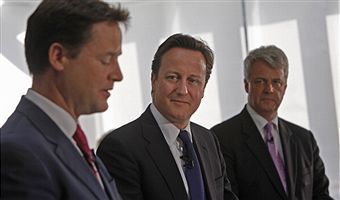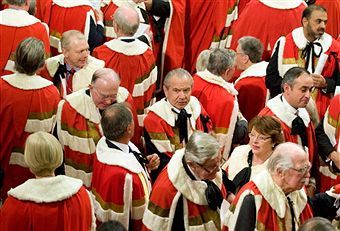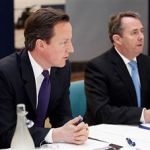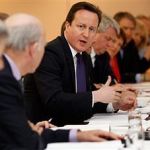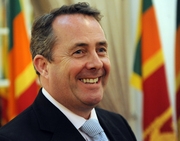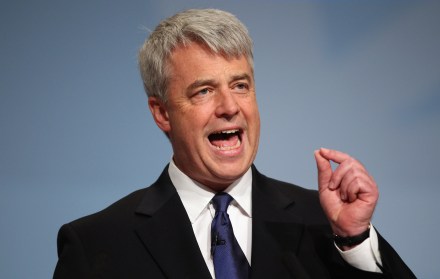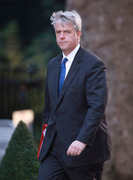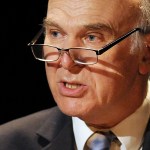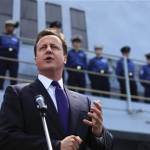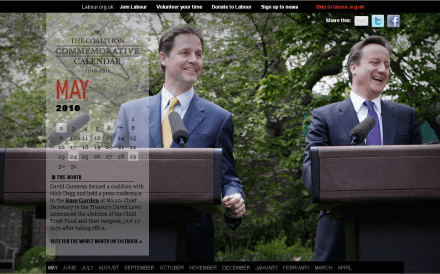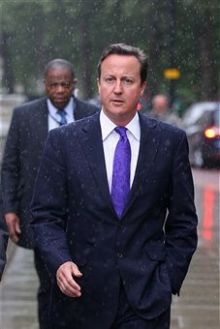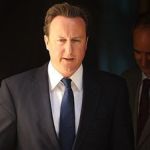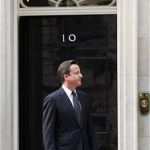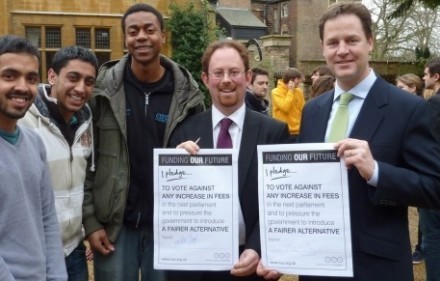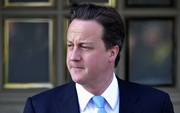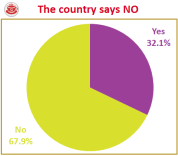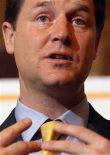Coalition’s NHS battle turns personal
David Cameron’s ‘love for the NHS’ is a critical part of his political persona. It is, his advisers believe, what proves that he is a different kind of Tory. So it is remarkable that Nick Clegg is questioning it in semi-public. In a speech to Lib Dem MPs and peers last night — that Clegg would have known was bound to leak, he criticised politicians — eg, the Prime Minister — who express their love for the NHS but take advice from people who see NHS reform as a chance for private companies to make big profits. What makes this intervention all the more remarkable is that Downing Street has
